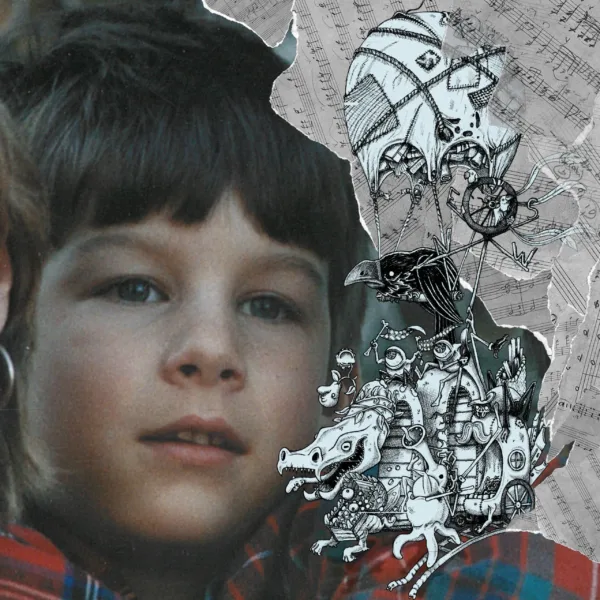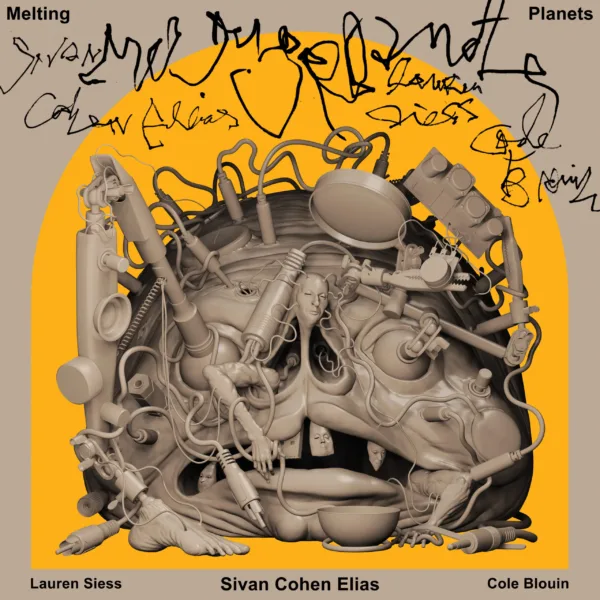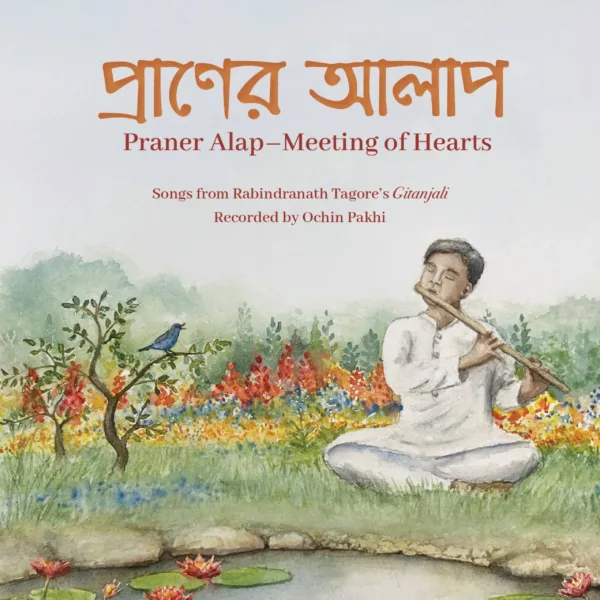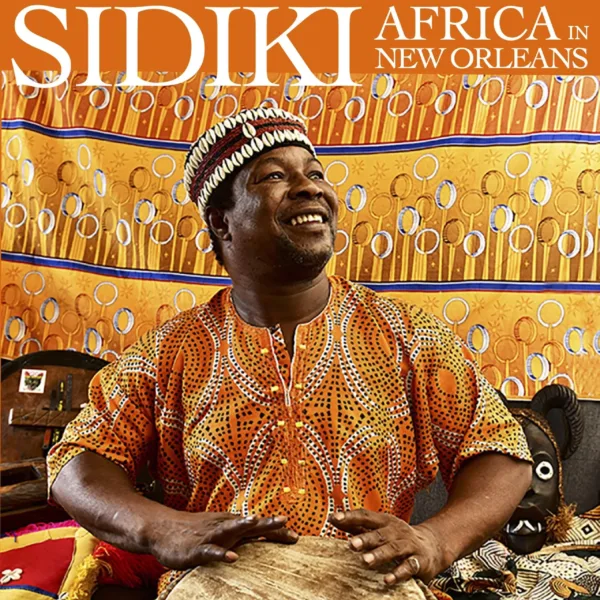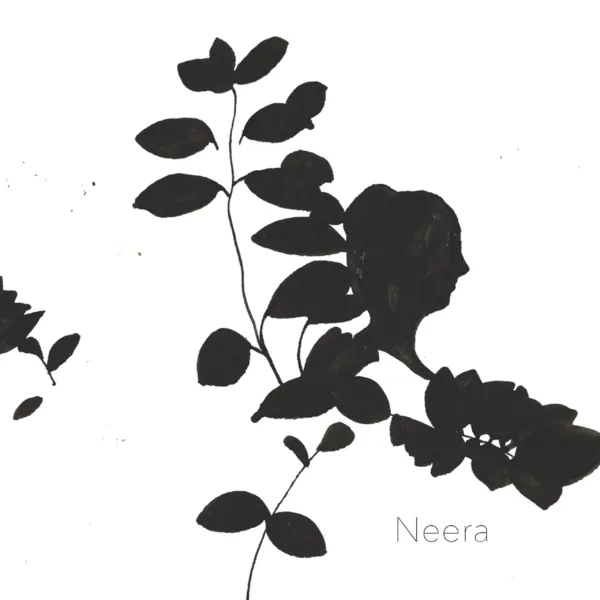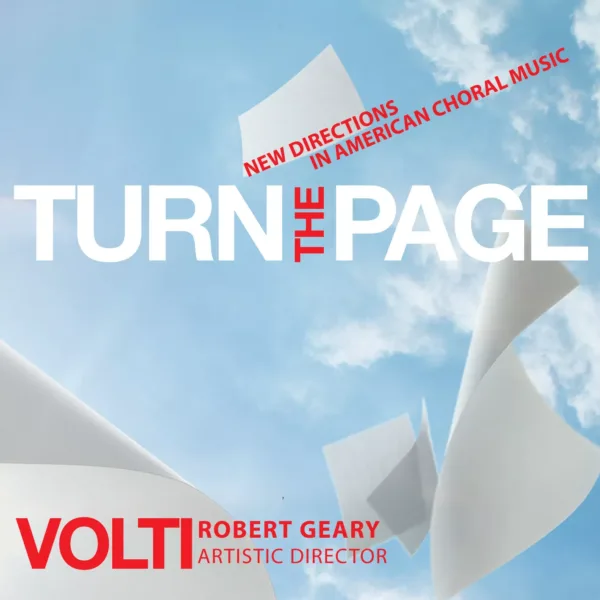Vanitas
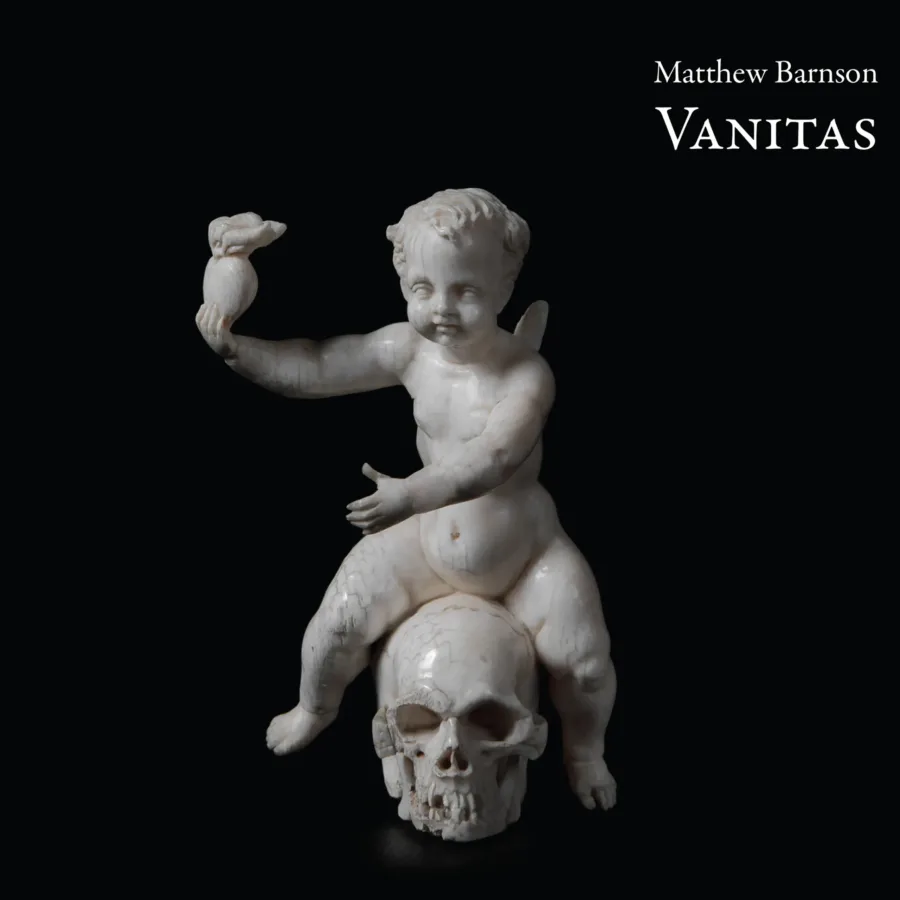
Matthew Barnson’s music does more than scrape the surface; it digs deep to reveal the skull beneath the skin. His new innova album brings together a range of his signature works that somehow manage to shimmer with harmony and concord even in their noisiest moments.
The impetus for The Rule and Exercises of Holy Dying (Memento Mori after Gerhard Richter) arose after he was asked to compose a work to accompany Richard Strauss’ Metamorphosen for 23 solo strings shortly after his grandfather’s passing. It is marked by a gradual introduction of different playing techniques: glassy harmonics, skittish string-crossings, snap pizzicato, and brutal sawing, often resolving to an uneasy calm. Pulsing rhythms push this high-drama work towards extremes of fragility and brutality.
The opening prelude relied heavily on bow scraping—an aggressive gnashing of the bow against the strings that produces horrifying subtones—before gentle halos of spectral harmony slowly emerged. Frantic string crossing and ascending runs made up the central “Ricercar,” while silvery violin trills and harmonics floated above the lamenting ground bass of the “Passacaglia.”…the orchestra created sounds that eerily replicated those of labored human breaths, before ultimately giving way to an extraordinary silence. – Feast of Music, Review
While watching a documentary on Richter’s artistic process, Barnson was struck by the aural similarities between his technique of running a scraper across a canvas of freshly-applied paint and the “scraping” sounds he often requests from performers. Both strategies employ grit to reveal novel textures and colors.
By contrast, in Vanitas (Dance Forms), Barnson made his own rules for a new suite of dances inspired by the opulence, elegance, and audacity of the French courtly dances that were all the rage at Versailles and soon all of Europe for a century. With a nod to the viola da gamba and continuo repertoire translated to cello and marimba, Barnson created new work refracted through myriad influences: the street art in Bushwick where he lived, the virtuosity of the not-so-recent avant-gardes, and his recent foray into opera. He composed a work with surprising new tunefulness that emerges from his usual attention to dense textures. It is a work that questions, reinvents, is inspired by, and reacts to those ancient forms.
The album also includes a short work, I Crossed the Samuel Beckett Bridge at Dusk. It was composed for two performers, a harpist and a single flute player playing piccolo, alto flute, and bass flute. The piece began to take shape during while he held a professorship at Trinity College, Dublin between 2012 and 2014. Home of the Book of Kells, the college is one of the most famous tourist sites in Dublin, and his office window looked onto its square. He remembered two dueling buskers, a tin whistle player and an Irish harp player whose amplified instruments could be clearly heard in his office and who may have provided some impetus for the piece. The piece draws its name from the bridge designed by the architect Santiago Calatrava, located in the newer tech hub by the harbor. Cynics have observed that the Beckett bridge, which looks like a harp on its side, resembles the Guinness beer harp. At night, the area around the bridge is mostly deserted. As an observer, you are alone with the harbor fog. Barnson distinctly remembered looking up at its suspension cables (the “harp strings”) and imagining a music (for harp)
With passionately dedicated and gripping performances by The Yale Orchestra, New Morse Code, Fanny Wyrick-Flax, and Hannah Lash, Vanitas brings the ars moriendi to vibrant new life.
Named a 2015 Guggenheim Fellow, Matthew Barnson has taught at Yale College, chaired the composition and theory department at New York’s Third Street Music School Settlement, and currently serves as an assistant professor of composition at the State University of New York at Stony Brook where he teaches composition, electronic music, theory, and the history of music since 1945.
